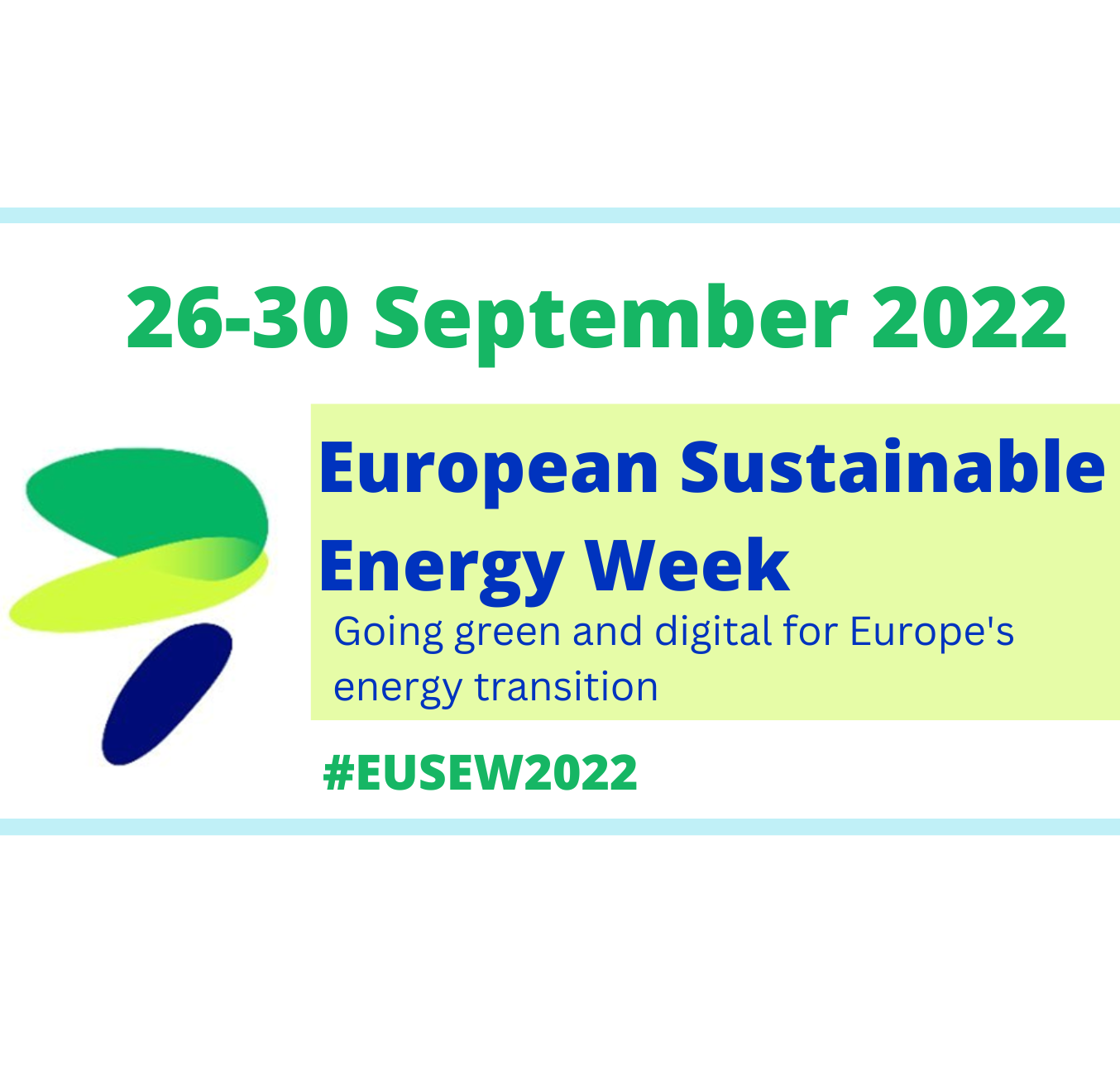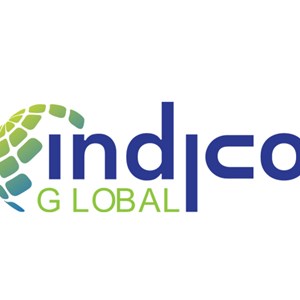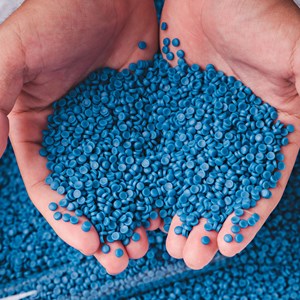Today, 26 September, marks the official start of the EU Sustainable Energy Week 2022, “Going green and digital for Europe’s energy transition”. On this occasion, CEN and CENELEC further affirm their commitment to developing standards that help ensure a sustainable energy future for Europe.
Investing in new sustainable energy sources and technologies is key to ensure the long-term resilience of Europe. This is even more urgent in the current context, in which the war waged by Russia on Ukraine threatens Europe’s traditional energy supplies.
Such challenges call on a collective effort to be addressed. Therefore, the EUSEW offers a particularly strategic opportunity to reimagine together the future of Europe’s energy mix.
CEN and CENELEC, as two of the officially recognised European Standardization Organizations, have a long experience of working with a wide range of stakeholders to develop actionable solutions responding to the most pressing needs of Europe’s economy and society. In particular, as highlighted by our joint Strategy 2030, one of our priorities is supporting the EU’s ambitions to achieve the twin digital and green transition.
More specifically, today there are 79 CEN and CENELEC Technical Committees (TCs) working to some extent on the energy sector. The standards they develop play a unique role: they support policy objectives and provide stakeholders with clear, up-to-date and market-oriented guidance that is based on the consensus of a wide array of experts coming from all around Europe and from different backgrounds. This is what makes standards one of the most efficient tools to support the journey towards the digitalisation and sustainability of the energy industry.
Some of the areas of particular interest for the EU on which CEN and CENELEC have been particularly active in recent years include:
- Batteries: In the context of the EU Strategic Action Plan on Batteries, that defines a strategy to create a competitive and sustainable battery manufacturing industry in Europe, CEN and CENELEC are developing standards concerning the performance and durability aspects of portable rechargeable and non-rechargeable batteries and their re-use and repurposing. Technical bodies active on the issue include CEN/TC 301 'Road vehicles', CLC/TC 21X ‘Secondary cells and batteries’ and CLC/SR 35 ‘Primary cells and batteries’. These standards will support the creation of a competitive and sustainable battery manufacturing industry in Europe.
- Hydrogen: In close collaboration with the European institutions, CEN and CENELEC experts across 20 TCs develop standards contributing to the wider deployment of hydrogen technologies in Europe all along the whole hydrogen value chain: safety, infrastructure, quality, application and transport. This work aims at addressing the lack of standards in the sector – identified by the industry as one of the barriers to the large-scale deployment of hydrogen. The good cooperation with the European institutions on this matter ensures a rationalization of resource and guarantees a common approach to the dissemination of hydrogen-based technologies in Europe.
- Wind energy: Standardization in the field of wind energy generation systems includes wind turbines, wind power plants onshore and offshore and interaction with the electrical system(s) to which energy is supplied. In this context, CLC/TC 88 ‘Wind turbines’ develops standards that address site suitability and resource assessment, design requirements, engineering integrity, modelling requirements, measurement techniques, test procedures, operation and maintenance.
- Solar photovoltaic and thermal energy: CLC/TC 82 'Solar photovoltaic energy systems’ develops standards from the conversion of light to the interfaces to the public grid or users. On the other hand, solar thermal energy has a broad range of applications and can play a key role in meeting the energy demand of buildings, as solar heating can be used for both hot water production and space heating, as well as cooling. In this domain, CEN/TC 312 ‘Thermal solar systems and components’ prepares standards to cover terminology, general requirement, characteristics, test methods, conformity evaluation and labelling of thermal solar systems and components.
- Gas: Optimizing the whole gas chain is essential to reduce the impact of the sector on the environment and ensure the security of supply for all European citizens. Many CEN/TCs develop standards dealing with the technical requirements for safe, efficient and sustainable gas infrastructures. For instance, CEN/TC 234 ‘Gas Infrastructure’ recently established a new Working Group to develop a Technical Report that will help assess and quantify methane emissions in the gas transmission, distribution and storage systems and LNG terminals, in support of the EU Authorities’ climate-neutrality objectives for 2050.
These are just a few of the examples that show CEN and CENELEC’s commitment to building a sustainable energy system for Europe. To coordinate work on the field, the CEN-CENELEC Sector Forum Energy Management & Energy Transition (SFEM) was recently set up. SFEM acts as an advisory and coordination body on policy and strategic matters in relation to standardization related to energy management, efficiency and transition.
Over the course of this week, we will take the opportunity of the ESEW to showcase other examples of how standards support the sustainable energy transition.
If you are interested to know more, keep on following us and join the conversation through the hashtag #EUSEW2022




